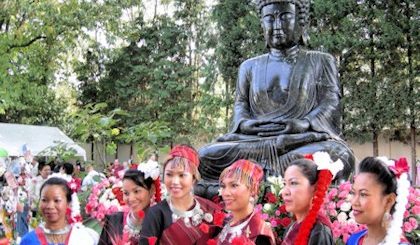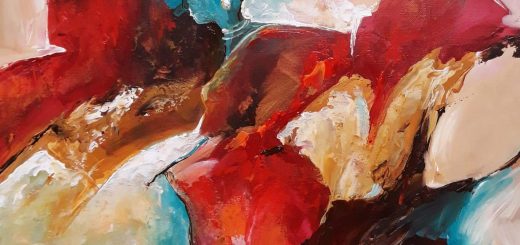R20 in Bali: Global change and transformation of religions
In de rand van de G20 organiseerde de grootste islamitische organisatie van Indonesië, de Nahdlatul Ulama (NU), een R20. ‘The Religion of Twenty (R20)’ vond ook begin november 2022 plaats op Bali. Een groots opgezet en merkwaardig initiatief. The Jakarta Post publiceerde een verhelderend achtergrondartikel met de vraag om het te verspreiden. We laten u meelezen. De foto’s zijn van Arie Asona die aanwezig was en de info met CIMIC deelde.
R20: Global change and transformation of religions
(Tue, November 1, 2022) Hundreds of religious and sect leaders attending the Religion Twenty (R20) forum in Bali this week will bring faiths back into the public domain and join global efforts to solve global humanitarian problems, including poverty, socio-political polarization, COVID-19 and the ongoing Russian-Ukraine war.
R20, a forum for leaders of religions and sects held to seize the momentum inspired by the Group of Twenty (G20) Leaders’ Summit, will take the theme of “revealing and nurturing religion as a source of global solutions: an international movement for shared moral and spiritual values”.
More than 300 religious and sect leaders from all over the world, including Indonesia, will attend the November 2-3 event.
Yahya Cholil Staquf, chairman of the Nahdlatul Ulama (NU), Indonesia’s largest Islamic organization, who initiated the R20 forum together with Saudi Arabia-based Rabithah Alam Islami (the Muslim World League), has envisioned the R20 as a global movement — not just an event — that would place religions in the public domain to help solve global problems.
Religions in many countries have been reduced to a private matter and even prevented from entering public affairs.
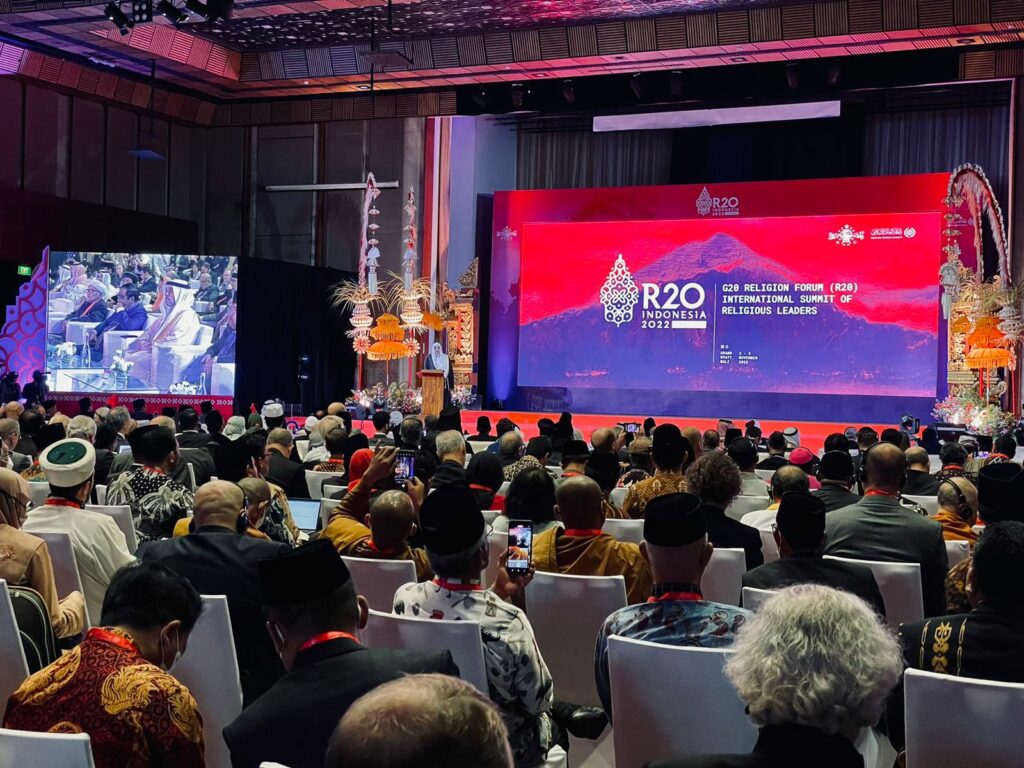
On the other hand, in some countries, religions would be needed only to give legitimacy to certain views and decisions taken outside religions.
Yahya, better known as Gus Yahya, (Chairman of the NU) has proposed that religions should join global efforts to solve global problems. This suggestion is actually in line with many analyses in international publications and world diplomacy that acknowledge the increasing roles religions play in public domain as something inevitable.
The majority of views, however, are reluctant to give religions a place in public domains simply because religions have their own problems. Many are still traumatized by the ghost of the Medieval Ages in Europe, when religions acted as a source of legitimacy for power to oppress and engage in protracted wars in the name of faiths.
Responding to the concerns, Gus Yahya proposed that religions be true to themselves and acknowledge fundamental problems within religions that have been excluded in discussions among religious leaders.
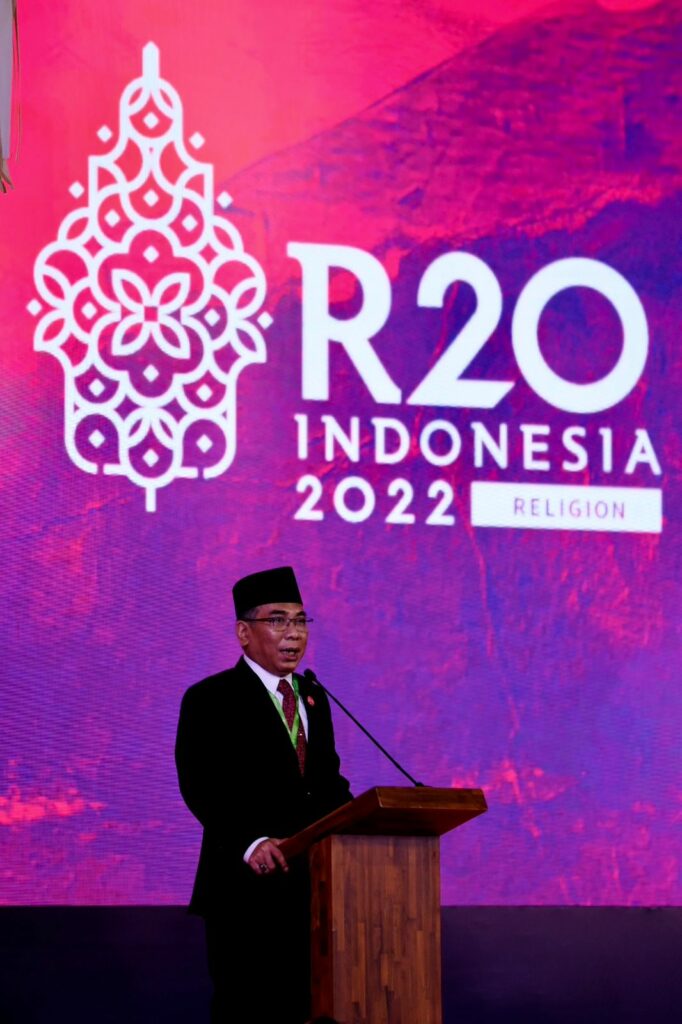
One of the problems in question is the doctrine of religious truth and claims, which often are not subject to discussions with others. It is this doctrine and claim that often breeds tension, conflict and polarization, as well as violence and war.
Every time tension and crisis erupt, religion emerges as a latent potential for division and tension, violence and war. Now is the time for religion to admit honestly its own reality and address it once and for all.
Religion must reflect on itself and solve the problem by looking beyond exclusive doctrines, and then building consensus and sharing common values. Unlike the universal values in secularism and liberalism, which demand universal uniformity, consensus and sharing of common religious values respect each other’s traditions and beliefs.
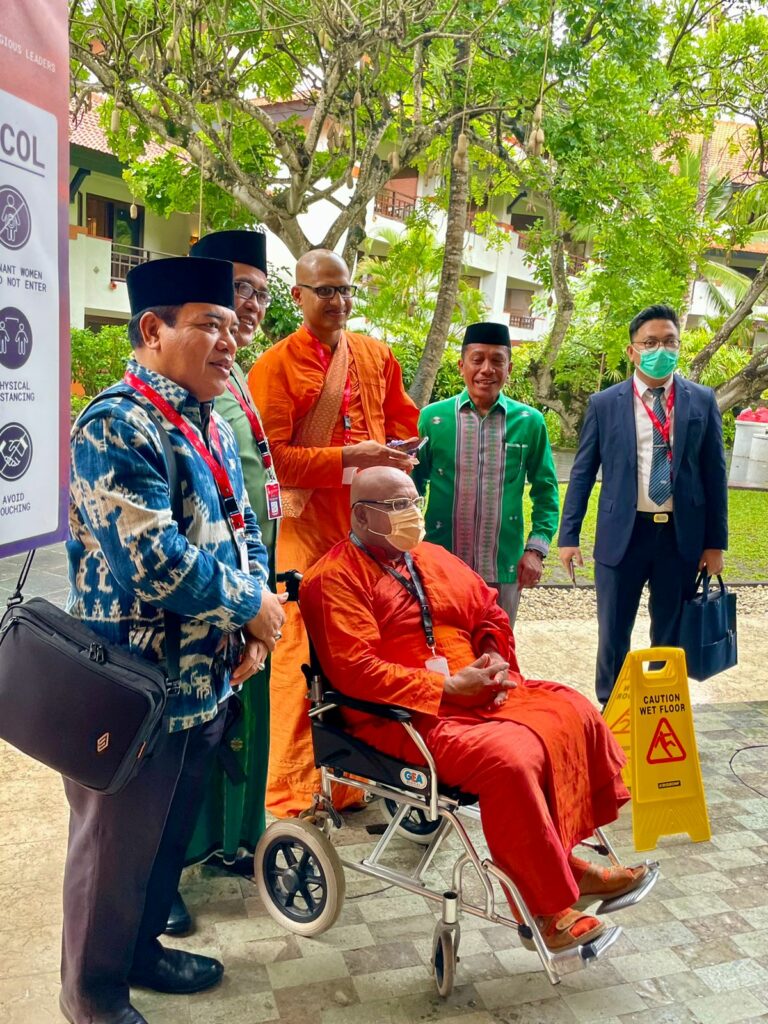
To quote the late Abdurrahman “Gus Dur” Wahid, the fourth president of Indonesia and former chairman of NU, if religion is to transform society, then religion must first transform itself, so that there is no more difference between humanitarian and spiritual values.
Religion cannot impose its own idealism without considering social reality. The religious transformation in question, for Gus Yahya, is the elimination of religious doctrine in politics, which is the root of discrimination and violence against “the others”.
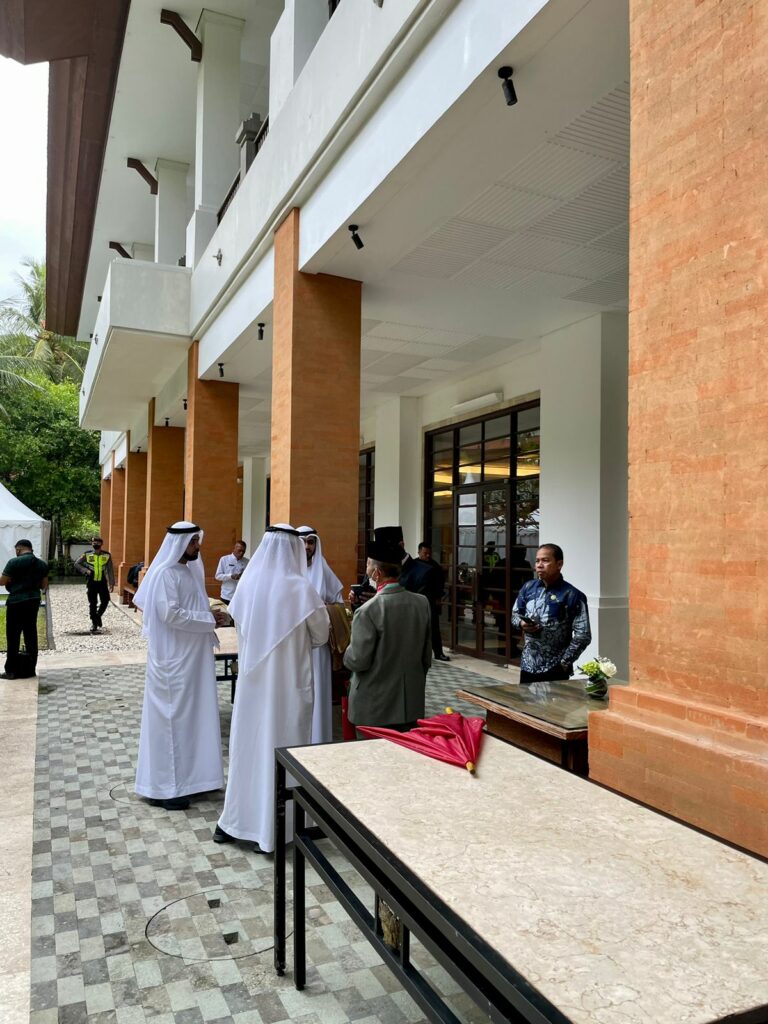
Islamic political doctrine fiqh siyasah, for example, must be built on the framework of universal equality of human beings and citizens based on global consensus.
Religions in the public domain and political sphere must uphold the values of equality and universal justice. The abolition of murtad (apostasy) and kafir (infidel) doctrines for every religion, for example, must start from the awareness of religion itself and not because it follows the imposition of secularistic universal values that are antireligion.
Therefore, in this R20 forum, every religious and sect leader will be guided to convey their ideas about universal values based on good religious traditions and spirituality and eradicate bad doctrines and traditions that have been built up for years or even centuries.
NU has shown its pioneering role in forbidding its followers to refer to non-Muslims as kafir but human beings (al-insan) and citizens (al-muwathin). Such a decision was taken by at the second-highest forum within NU, namely the 2019 National Ulema Council Meeting in Banjar Patoman, West Java.
Thus, NU, with its own scientific and methodological basis, has developed fiqh siyasah (governance) within the framework of the Indonesian nation-state based on the five pillars of Pancasila and Bhinneka Tunggal Ika (unity in diversity).
There are no one-time concepts and doctrines, but the momentum gathering at the R20 is expected to roll into a global mainstream phenomenon in the days ahead.
(This article was published in thejakartapost.com with the title R20, global change and transformation of religions – Academia – The Jakarta Post:
https://www.thejakartapost.com/opinion/2022/11/01/r20-global-change-and-transformation-of-religions.html
We kregen op onze vraag omtrent de achtergronden van deze R20-conferentie een korte reactie van monnik Thomas Pott (Chevetogne):
“Wat een indrukwekkend programma, en – nog indrukwekkender! – de bijeengebrachte sprekers. Het gaat wat de christelijke kant betreft om genodigden van wereldniveau, van verschillende huizen die elkaar normaal enkel in oecumenische dialoog e.d. ontmoeten. Het valt mij wel op dat er van Latijns-katholieke kant geen kerkelijke hoogwaardigheidsbekleder aanwezig is, wat een beetje afsteekt tegen de patriarch van Constantinopel, de Koptische patriarch, en anderen. Wat mij ook opvalt, is dat de tijd voorzien voor elke sessie bijzonder kort is, vooral in contrast met het grote aantal namen dat erachter staat.”
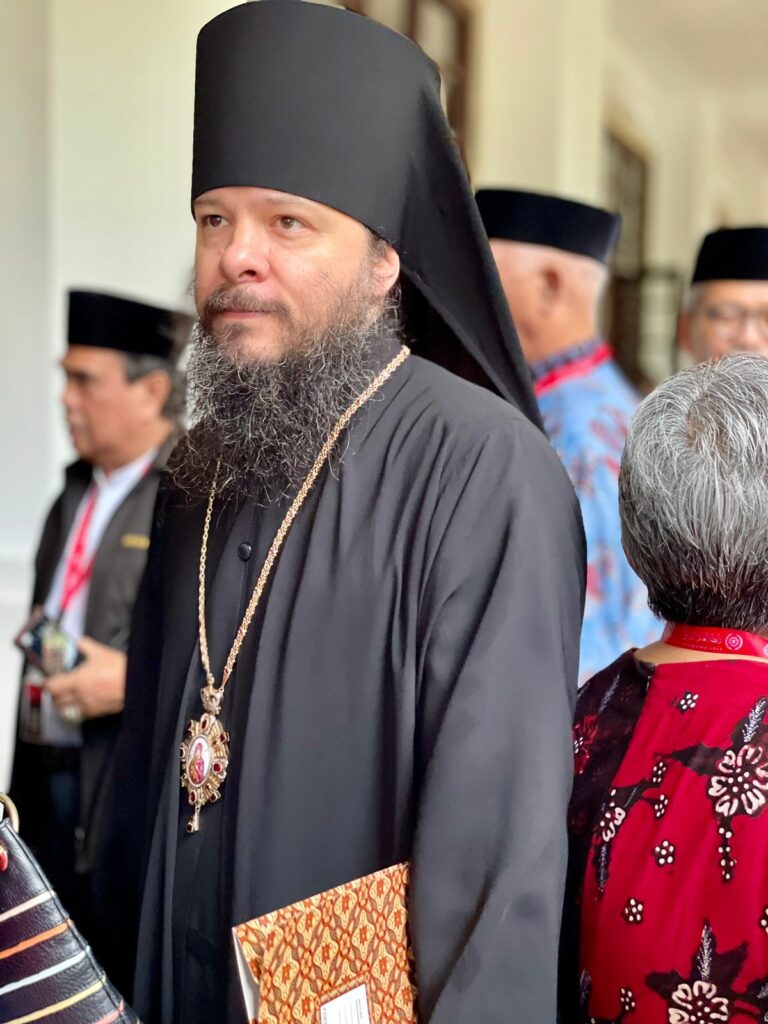
Wie wil, kan het hele programma en de namen van de sprekers vinden in ‘Summary Presentation R 20, Revealing and Nurturing Religion as a source of global solutions, an international movement for shared moral and spiritual values.’ op de website: https://r20-indonesia.org
De bij ons bekende ‘Sant’Egidio Community’ werd vertegenwoordigd door de stichter Andrea Riccardi.
Opvallend is wel dat de keynote speaker die het congres afsloot iemand was van RSS: ‘Sri Ram Madhav Varanasi, Member, National Executive of the Rashtriya Swayamsewak Sangh (RSS) and Member Governing Council of the India Foundation.’
De RSS is de niet zo fraaie organisatie die gekoppeld moet worden aan de BJP, de hindoenationalistische partij van de Indiase premier Modi. India zal in 2023 de volgende R20 organiseren. De CIMIC-Nieuwsbrief komt hierop terug.
Lees verder (inhoud november 2022

